With COVID, Empty Stadiums Impact NFL Betting Lines
Posted on: August 29, 2020, 09:08h.
Last updated on: August 31, 2020, 02:54h.
In the NFL, home-field advantage generally means three points on betting lines. But what happens when fans aren’t allowed to attend games?
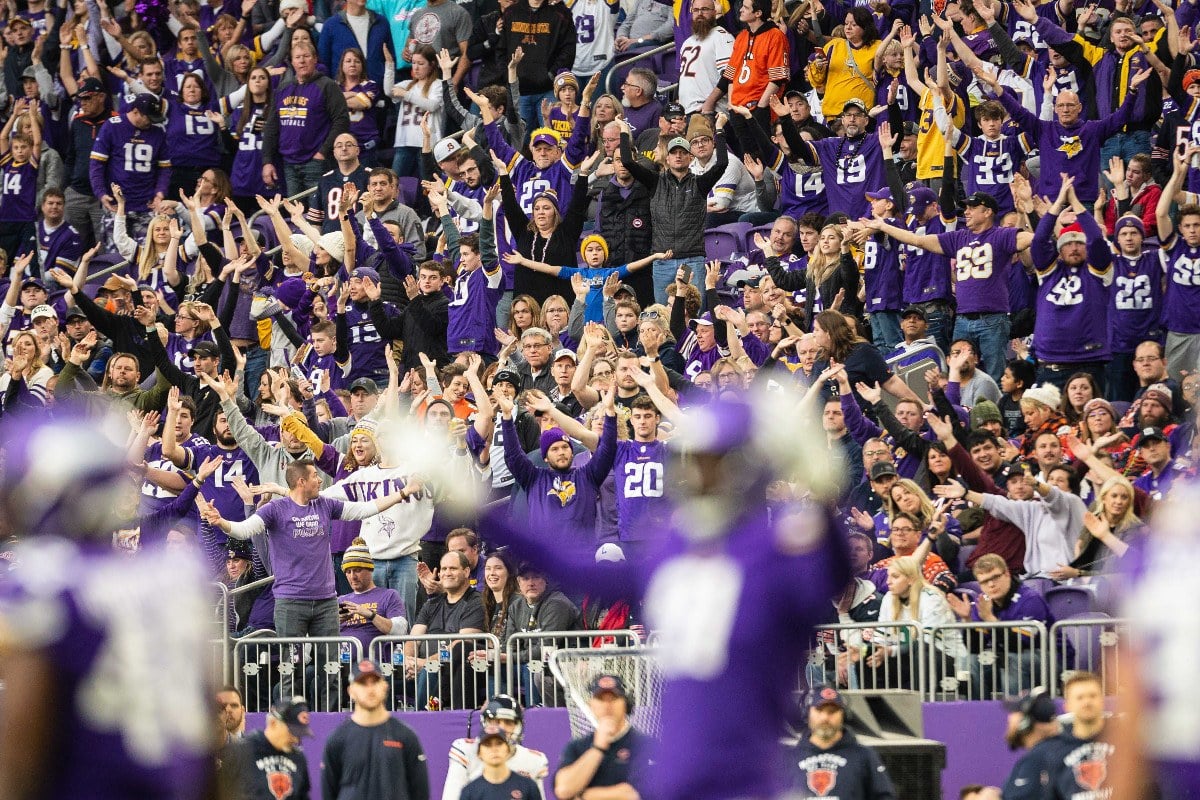
On Tuesday, the Minnesota Vikings, Los Angeles Rams, Los Angeles Chargers, and Buffalo Bills announced they will not host fans for at least the first two games of the regular season because of COVID-19 concerns.
In all, with the regular season beginning on Sept. 10, 19 teams have announced that fans will not be allowed for either the start of the season or the entire season. Other teams will play in front of greatly reduced capacities.
Gambling Impact
Minnesota, with one of the best home-field advantages in the league at U.S. Bank Stadium, was a 3.5-point favorite for its Week 1 showdown against the Green Bay Packers. After the announcement, the Vikings remained a 3.5-point favorite.
That’s because “zero or few fans were already baked into the early lines,” according to Adrienne Prather-Marcos, the head of public relations at William Hill.
Indeed, even with a stadium full of screaming fans, playing at home hasn’t been much of an advantage. Last season, the home team went 132-123-1, a winning percentage of .518. That’s barely more than a coin flip. Baltimore and Green Bay went 7-1 at home, and San Francisco, New England, Minnesota, and New Orleans went 6-2.
The NFL standard three-point home-field advantage has been declining in recent years, and the 2020 season will see an even steeper decline should fans not be in stadiums,” Patrick Eichner, the director of communications at PointsBet, told Casino.org.
“Quantifying the impact is a bit difficult, as the situation is pretty unprecedented. The closest real-life comparison we have is probably the European [soccer] matches that have been played in empty stadiums (usually because of a penalty for club/fan misbehavior, as seen with Serie A’s Lazio last year). In those cases, the market has generally closed with prices equivalent to about half of the normal home-field advantage.”
Eichner is right on the declining impact of playing at home. In 2014, home teams went 145-110-1 for a winning percentage of .568. While only six teams won at least six home games last year, 11 did so in 2014.
Overrated Advantage
Data shows sportsbooks perhaps have been too kind to the home team, anyway. Last season, only five teams posted winning records against the spread in their home games, with Denver, Pittsburgh, Green Bay, Minnesota, and Dallas all going 5-3.
Meanwhile, a whopping 16 teams had losing records against the spread in their home games. Seattle, with a powerhouse team and perhaps the loudest fans in the NFL, went just 2-6 against the spread.
“Modelling does not necessarily show a strong relationship between crowd size/reputation and home-field advantage, yet most quants do accept that particularly raucous crowds play some role,” Eichner said.
In a COVID world, it might seem crass to be seeking an advantage. But there’s no doubt the Packers won’t mind playing in an empty stadium in Minnesota to start the season and, potentially, New Orleans in Week 3. Over the last dozen seasons, the Saints and Vikings have the fifth- and sixth-best home records, respectively. In four games at the Vikings’ U.S. Bank Stadium, the Packers are 1-3 and failed to top 17 points in the losses. In two career starts at the Saints’ Superdome, Packers quarterback Aaron Rodgers lost by a combined 95-52.
“It’ll be strange to play in some of these venues that over the years have been really, really loud,” Rodgers said recently. “You’re talking about the advantage that Seattle has with their crowd, New Orleans, Minnesota, Atlanta, Indy, some of these domes that are really, really tough places to play.”
Related News Articles
New Orleans Saints NFL Betting Preview: Clock Ticking on Drew Brees
Seattle Seahawks NFL Betting Preview: Russell Wilson Chasing Greatness
Tampa Bay Buccaneers NFL Betting Preview: Tom Brady Chasing More History
Most Popular
LOST VEGAS: ‘Tony The Ant’ Spilotro’s Circus Circus Gift Shop
Las Vegas Overstated F1 Race’s Vegas Impact — Report
Mega Millions Reportedly Mulling Substantial Ticket Price Increase
Las Vegas Strip Stabbing Near The Strat Leaves One Man Dead
Most Commented
-
End of the Line for Las Vegas Monorail
— April 5, 2024 — 90 Comments -
Mega Millions Reportedly Mulling Substantial Ticket Price Increase
— April 16, 2024 — 8 Comments -
Long Island Casino Opponents Love New York Licensing Delays
— March 27, 2024 — 5 Comments
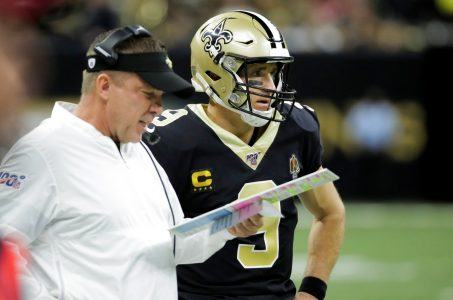
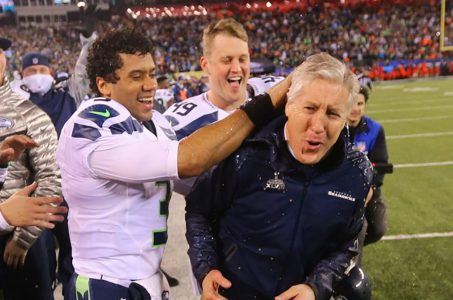
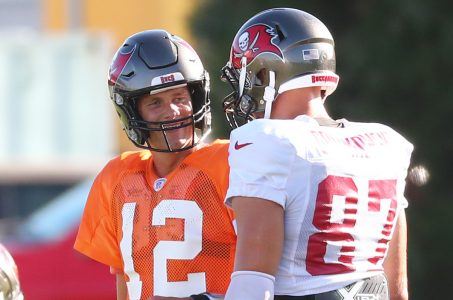










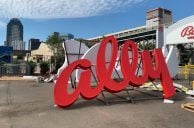


No comments yet